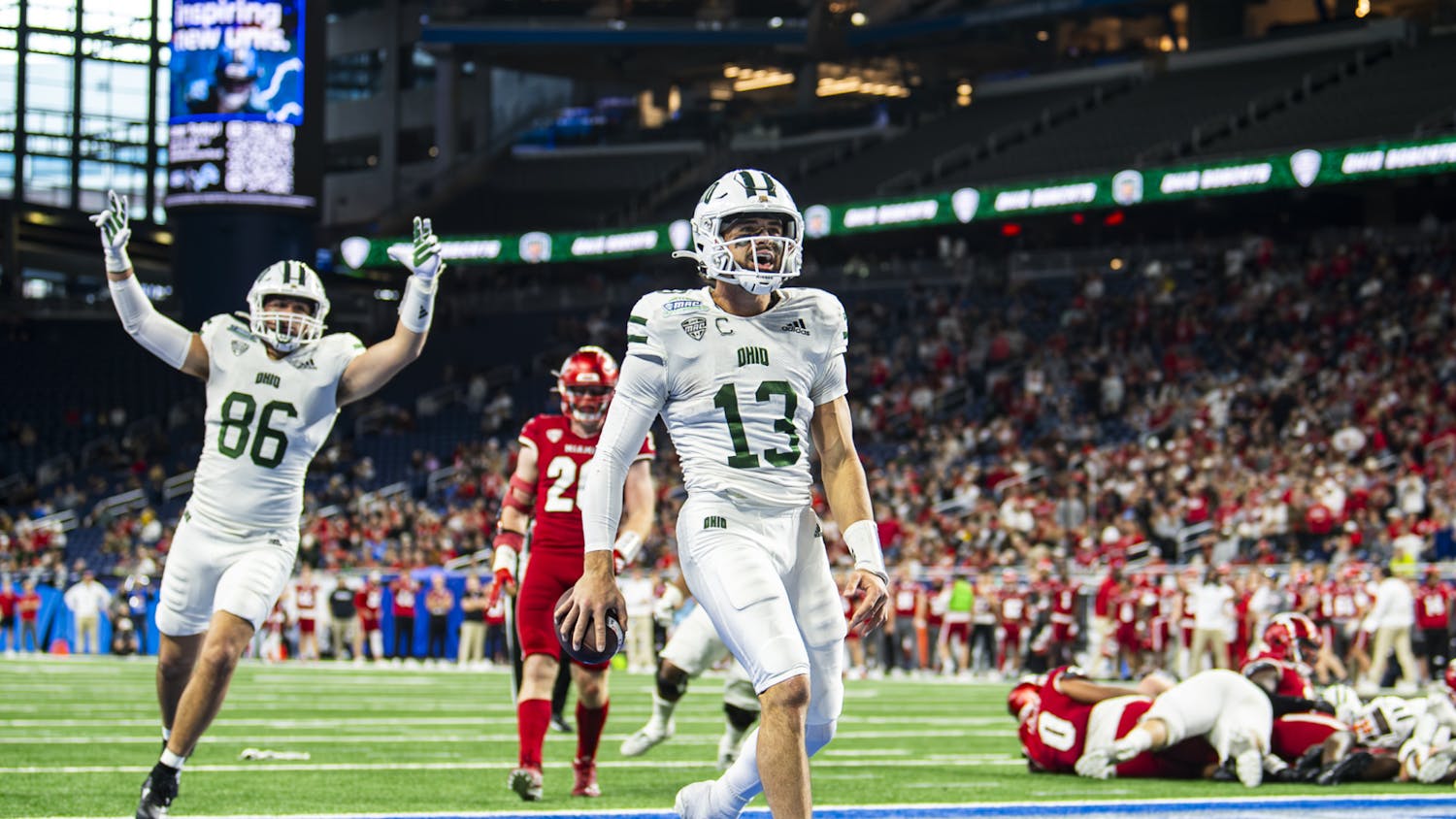The idea of purposely losing is often discussed in sports. But is it real, let alone a good idea?
For tanking
Professional sports teams tank for a reason.
Take the Cincinnati Reds for example; they are heading towards another mediocre season in which the end result will be another year without a playoff berth.
Walt Jocketty, the Reds General Manager, understands — to a degree — that an average team is an inefficient team.
“We’re rebooting or retooling. It’s not a rebuild,” Jocketty said after Reds fans began scrutinizing him for trading star pitcher Johnny Cueto and fan favorite Mike Leake.
Reds fans, and sports enthusiasts in general, need to understand that having patience is important. Trading players that are not a part of a team's’ future can only help the organization as a whole.
The Reds turned two solid starters — neither signed to a contract after this year — into five prospects that could make a major impact down the road.
This “addition by subtraction” process does not end here. When a team loses its top players, naturally they lose more games, leading to a higher pick in the amateur player draft.
In this world of instant gratification, fans aren’t satisfied unless their team is the best. When Cincinnati's newly-acquired pitching prospect Brandon Finnegan is closing out game seven of the World Series in four years, the Cueto trade will be an afterthought. But hey, who’s looking ahead?
Against tanking
Tanking, the art of purposefully losing to give a team a better chance at a high selection in an upcoming draft, has recently become a popular tactic spanning multiple professional sports leagues.
However, high draft picks do not always guarantee future success. The NBA's Sacramento Kings have used a top 10 draft pick the last seven years. The NFL's St. Louis Rams have used a top 10 pick in six of their last eight drafts, and the NHL's Edmonton Oilers have done it seven of the past nine.
During that span, these teams had a combined record of •443-847-1.
To put it quite frankly, losing sucks. The nature of any sport is to compete night in and night out, and that's exactly what fans want to see.
If an organization's goal is to put butts in the seats, intentionally losing is not the way to go about it. Not many fans want to pay for a ticket to a game he knows will end in a loss for his team.
Thus, going to watch a game has lost its luster, and because loss of attendance results in loss of revenue for an organization, this issue is no longer just one for the fans.




